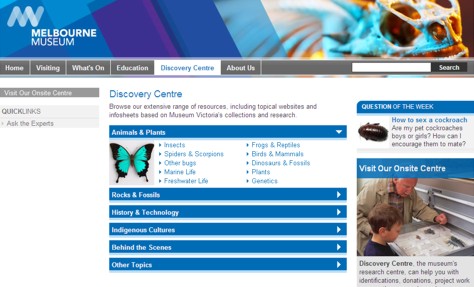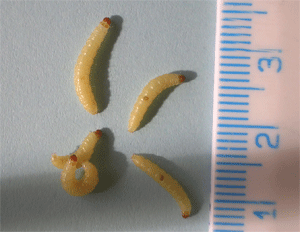
Art by Lena Torikov
Before I bought my iPad, people would ask me what I planned to do with it. Why was I spending so much money? Was I certain it was worth it? How was the iPad going to be different from a notebook? Should I buy an iPhone instead?
I couldn’t answer any of these questions with any certainty. That’s why I was buying an iPad – to play, to gain an understanding of what an iPad enabled me to do, to figure out if iPads played a role in the changing face of learning in schools.
There’s nothing wrong with putting forward a suggestion before you have all the answers. I didn’t and don’t have all the answers for iPads in education, but I don’t want to wait until the time when it’s safe, when the majority of educators have understood the value of iPads and accepted their place in schools. If I wait that long, I’ll be on the tail end of a movement that doesn’t stay still. I won’t be a forward thinking educator but a safe follower who calls out for others to wait up.
If I waited until I was sure, I wouldn’t be where I am now. Where am I now? I’m on the road to finding out. The iPad apps session I recently did with staff at school was a way in – despite the best advice to hold off because I only had one iPad to pass around, to hold off because iPad education wasn’t a realistic option at my school, because people weren’t ready, because because…
Play is an essential part of being a teacher – it’s the learning part of teaching. Play is experimenting, discovery, it’s creative, it’s action, it moves into a new space. Wouldn’t it be great if play was compulsory at school? Instead of instruction from teachers to students, play would put everyone on the same playing field. Risk would be a prerequisite.
If we wait until it’s safe to do something, we’ve been left behind.


